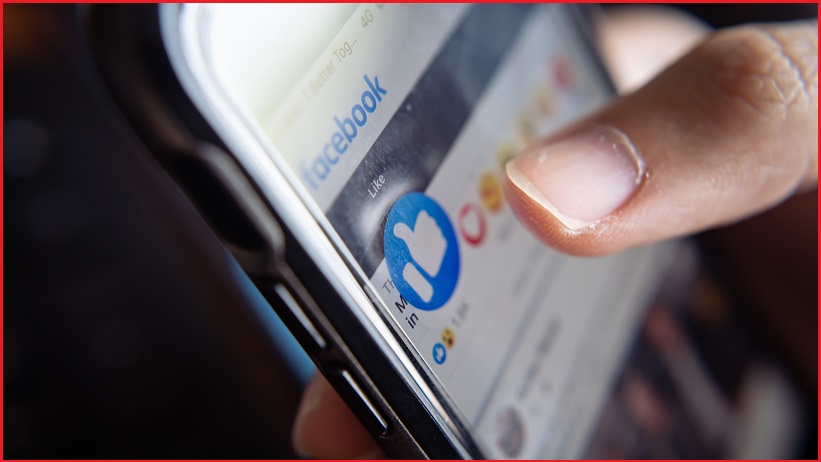Facebook is readying to launch a competitor to the Apple Watch as early as next year with a focus on messaging and health, according to a report, as the social media giant continues to expand into the hardware domain.
According to a report on The Information referencing an anonymous source with “direct knowledge of the device”, Facebook is working on its own wearable smart watch based on the Android operating system.
The watch will “let wearers send messages using Faebook’s services and also offer health and fitness features”, the report said.
“Facebook’s planned foray into smartwatches would inch the company further toward CEO Mark Zuckerberg’s aim of controlling the next computing platforms after smartphones,” the Information report said.
The Facebook wearable may also allow users to communicate directly with a trainer while working out, and to tap into other fitness apps like Peloton.
This market is dominated by Apple, and it will be an uphill battle for Facebook to gain a foothold and overcome significant privacy concerns over its handling of sensitive health information followinga series of recent controversies.
The Facebook watch will feature its own cellular connection, meaning you won’t need to have an accompanying smartphone to operate it, and will be connected to the company’s various services, including the social media platform, Messenger, WhatsApp and Instagram, according to the report.
Apple Watch users can now use Spotify without having to have their smartphone nearby too, with the music streaming giant finally launching a standalone app, long after the likes of Pandora and Apple Music did the same.
Facebook is also said to be working on its own operating system for future hardware to replace its reliance on Android’s operating system.
The plan will also put Facebook into competition with Google, which earlier this year completed its acquisition of wearables giant Fitbit.
Facebook is significantly increasing its focus on hardware, with its Oculus virtual reality headset, Portal video chat device and plans for Ray Ban-branded smart glasses, along with an entirely separate standalone augmented reality research body called Project Aria.
The company now has about 6,000 employees working on various augmented and virtual reality-based hardware projects.
Facebook has a checkered history with hardware devices. It attempted to launch its own smartphone with HTC in 2013. The phone, which featured Facebook’s own user interface layer, was only in the market for one month and was criticised for its camera, lack of removable storage and Facebook’s own software.
The Facebook phone was labelled as being among the biggest tech failures in 2013 by ReadWrite and Time.
Facebook has been embroiled in controversy over its privacy controls for several years, most significantly with the Cambridge Analytica scandal in 2018, which saw the data of more than 80 million Facebook users hoovered up and used without their consent.
More recently, a new privacy policy for its chat app WhatsApp led to concerns that the company was reading users’ messages and sending data back to Facebook.
A WhatsApp spokesperson assured users their messages weren’t being read due to the end-to-end encryption, their calls weren’t being logged. and contacts weren’t shared with Facebook.
Late last year, the Australian Competition and Consumer Commission launched legal action against Facebook over the privacy of its VPN app. The competition watchdog alleged that Facebook made misleading claims about data privacy when promoting the VPN app, and didn’t properly disclose that it was harvesting data and sending it back to its parent company.










